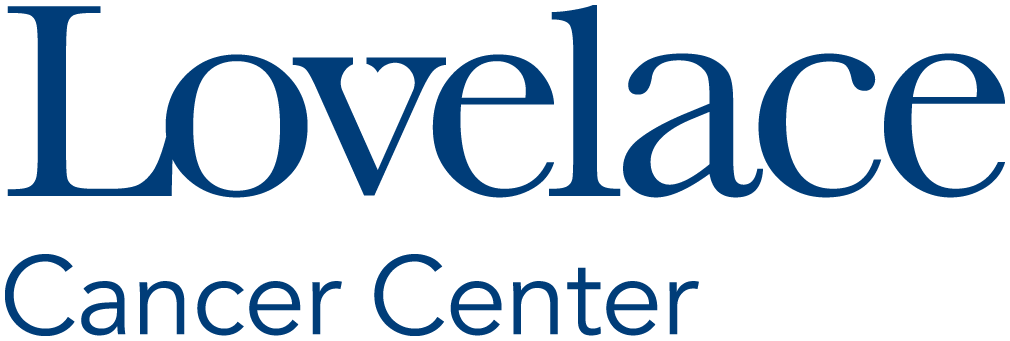Low-Dose CT Chest Scan
Lovelace Cancer Center offers a low-dose CT (computed tomography) chest scan for lung cancer screening. The screening is simple, effective and can improve the outcome with early diagnosis.
You may be a screening candidate if you:
- Are a current or former cigarette smoker (having quit within the last 15 years)
- Are between 50 – 80 years old
- Have no known history of lung cancer
- Have a smoking history of at least 20-pack years (one pack a day for 20 years, 2 packs a day for 10 years, etc.)
If you do not fit all of the criteria above, speak with your primary care physician about your concerns.
To schedule your CT scan, request a referral from your healthcare provider and call 505.727.3086, or fill out the form below.
Risks & Costs
While a lung cancer screening could save your life, there are minimal risks involved. The Lovelace Medical Group team will tell you about all the risks and benefits of getting a low-dose CT scan. They will follow up with you after the initial screening and review your results with you.
You are encouraged to have a conversation with your primary care physician about being screened for lung cancer. Discuss your complete health history with them and ask for a clear explanation about the benefits and risks of being screened.
Some insurance plans may cover the cost of the CT-scan. Please discuss these options with your provider. For more information or to see if this screening is right for you, call 505.727.3086.
Additional Testing
When reviewing the results of your scan, physicians look for abnormal growths called nodules. If one or more nodule is detected, your doctor will likely recommend having it checked further through a lung biopsy to confirm a diagnosis.
More Information
Complete the interest form to have a representative from Lovelace Medical Group contact you. You can also call 505.727.3086 with questions.
The most effective way to prevent lung cancer is to avoid smoking. If you currently smoke, have a conversation with your primary care physician about the best options for you that can help you quit.



